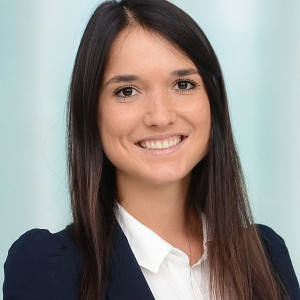Dear Preplounge community,
I'm preparing for strategy consulting interviews, coming from a scientific background. As many people I struggle to do calculations including many 0s by hand.
I saw many times the trick using K as thousands, M as millions and B as billions, however I found the scientific notation to be more clear and easier to use. Calculation with Ks, Ms and Bs can still include many mistakes while the scientific notation includes a simple addition.
As I never saw the use of the scientific notation as a tool advised, I wonder if it can be frowned upon in consulting interviews, or if it's okay to use.
If the reason is it's not client-friendly, I still prefer use it in my head and convert it in thousands/millions/billions than using K, M, B.
As an example:
45 millions * 250 = (45E6 *2.5E2 = 112.5E8 = 11.25 E9) = 11.25 billions, the part in parenthesis being in my head or on paper and 11.25 billions what I present.
Best regards,
Clément Camus


